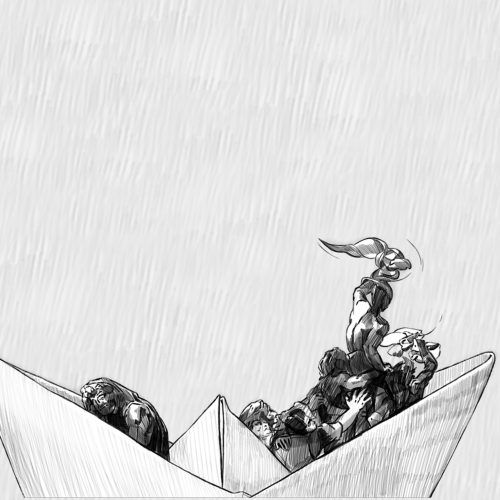Ethiopians running away to Sudan
Over 27,000 Ethiopians from Tigray, the northernmost region of the country, have fled into neighbouring Sudan, amidst the already two-weeks conflict. Four thousand people per day have been crossing the border since November 10, according to the United Nations, which has warned of a full-scale humanitarian crisis with thousands of displaced people. Those who stay in Tigray start to go hungry. Hundreds of people have been killed. The exact number of victims is unknown due to the Internet and telephone blackout.
This new conflict in the Horn of Africa erupted on November 4 as the Ethiopian federal government launched a military offensive against forces of the Tigray People’s Liberation Front (TPLF), the regional government of Tigray. It came after months of tensions. Relations between the TPLF and the federal government have been shaken since Prime Minister Abiy Ahmed Ali came to power in 2018.
Tigray is one of the most prosperous regions of the country and the Tigrayan are an influential ethnic group that led the government coalition for almost three decades. The TPLF accuses the new government of marginalizing them. Tensions escalated due to the delay of the national election after the COVID-19 pandemic.
Paradoxically, Ethiopian Prime Minister Abiy Ahmed, who received the Nobel Peace Prize in 2019 for finally signing the peace treaty with Eritrea after 20 years since the end of the war between both countries, is now on the brink of a civil war.























